Question And Answer
Publications
Articles, publications, books, tools and multimedia features from the U.S. Institute of Peace provide the latest news, analysis, research findings, practitioner guides and reports, all related to the conflict zones and issues that are at the center of the Institute’s work to prevent and reduce violent conflict.
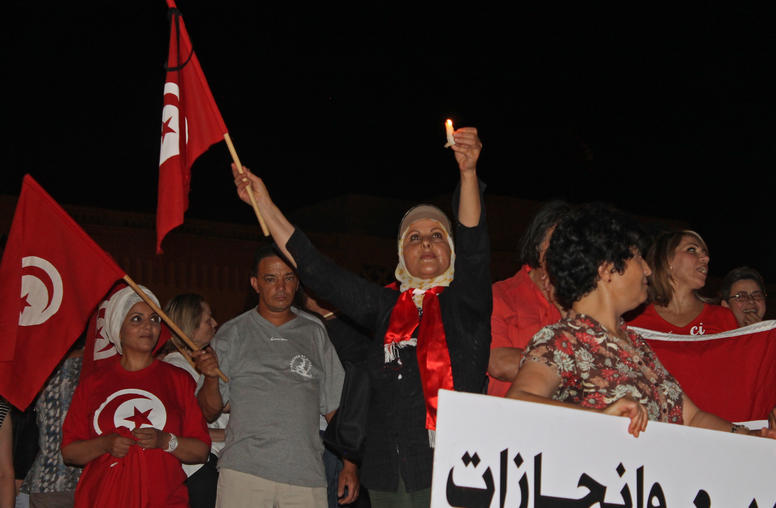
How Can U.S. Better Help Tunisia to Curb ISIS Recruitment?
As Tunisia last month celebrated the 2011 overthrow of its dictatorship, thousands of young Tunisians protested in streets nationwide, often clashing with police. Young Tunisians widely voice an angry despair at being unemployed, untrained for jobs, and unable to build futures for themselves. The single democracy to have arisen from the Arab Spring uprisings is undermined by the feelings of hopelessness among many youth, and by their exploitation by extremist groups linked to ISIS and al-Qaida. To help Tunisian, U.S. and other efforts to build hope for Tunisia’s youth, a small, USIP-funded project is measuring which kinds of programs are actually effective.
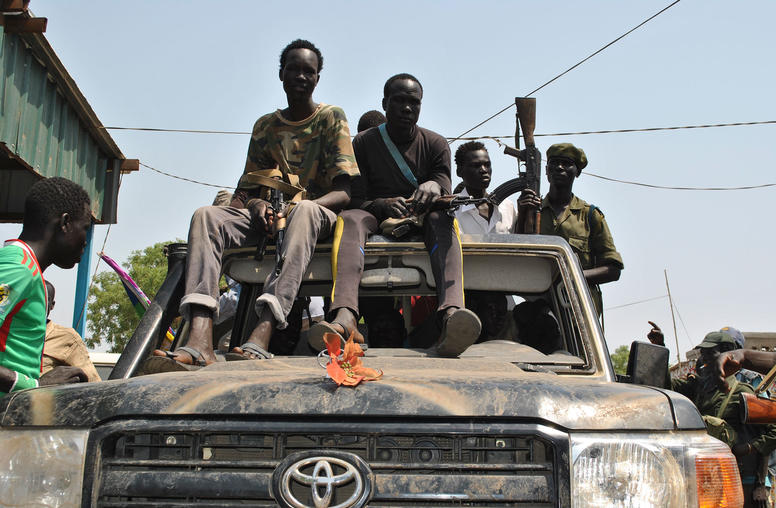
South Sudan’s Pitfalls of Power Sharing
This week, a new proposal for a power sharing government was tabled at the ongoing Intergovernmental Authority on Development (IGAD) High Level Revitalization Forum (HLRF) peace talks for South Sudan. An earlier, 2015 peace deal also contained a formula for power sharing; that arrangement failed and the civil war re-ignited a year later. Power sharing arrangements are appropriate if certain conditions are met, but not enough has been done to ensure the latest proposal will overcome the obstacles present in South Sudan, according to Susan Stigant, USIP’s director for Africa programs and Aly Verjee, a visiting expert at USIP and a former senior advisor to the IGAD mediation, who comment on the proposal and suggest how it could be improved.
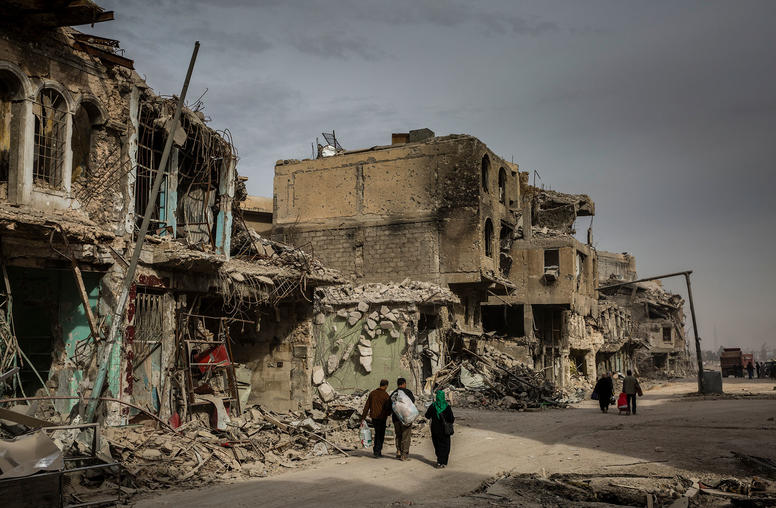
To Stabilize Iraq After ISIS, Help Iraqis Reconcile
An international conference opens in Kuwait Monday to plan ways to rebuild Iraq and secure it against renewed extremist violence following the three-year war against ISIS. A USIP team just spent nine days in Iraq for talks with government and civil society leaders, part of the Institute’s years-long effort to help the country stabilize. The Kuwait conference will gather government, business and civil society leaders to consider a reconstruction that Iraq has said could cost $100 billion. USIP’s president, Nancy Lindborg, and Middle East program director, Sarhang Hamasaeed, say any realistic rebuilding plan must focus also on the divisions and grievances in Iraq that led to ISIS’ violence and that still exist.
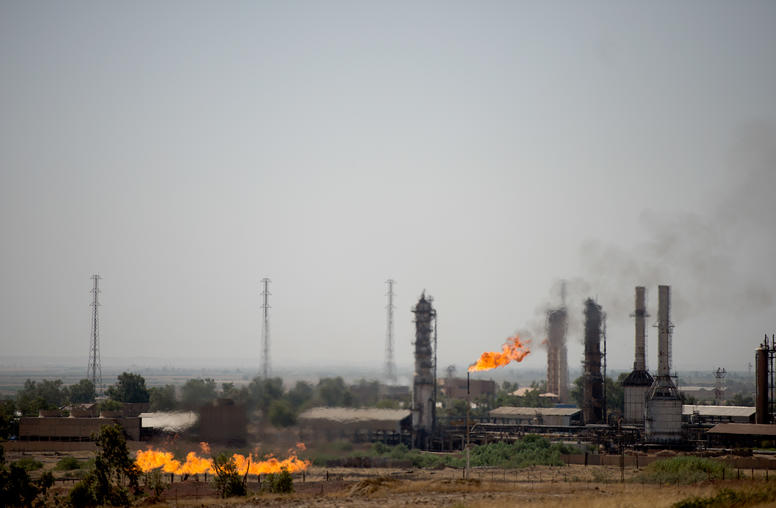
Kurdistan and Baghdad: A Tangled Web Over Oil and Budgets
The economy of Iraq’s semi-autonomous Kurdistan Region is on the brink of collapse; only the central government in Baghdad can stop an economic free fall that’s already damaging the broader Iraqi economy. While a rapid, negotiated solution to this crisis is essential to stabilize and unify Iraq—and reassure investors needed for post-ISIS reconstruction—a host of complex issues over oil and the national budget stand in the way.
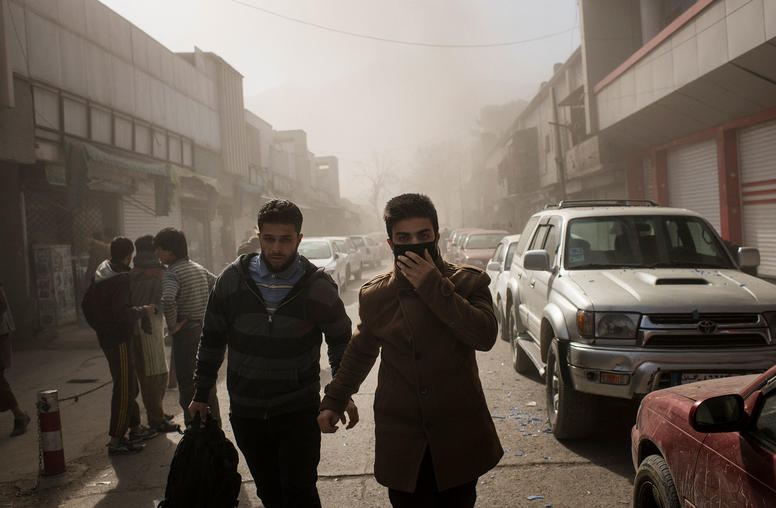
What’s Behind the Spike in Deadly Terror Attacks in Afghanistan?
In Afghanistan, a string of attacks has killed more than 130 people and wounded more than 300 in just over a week. Targets included a busy downtown block near a government hospital, an international hotel, a military training academy, and the global charity Save the Children.
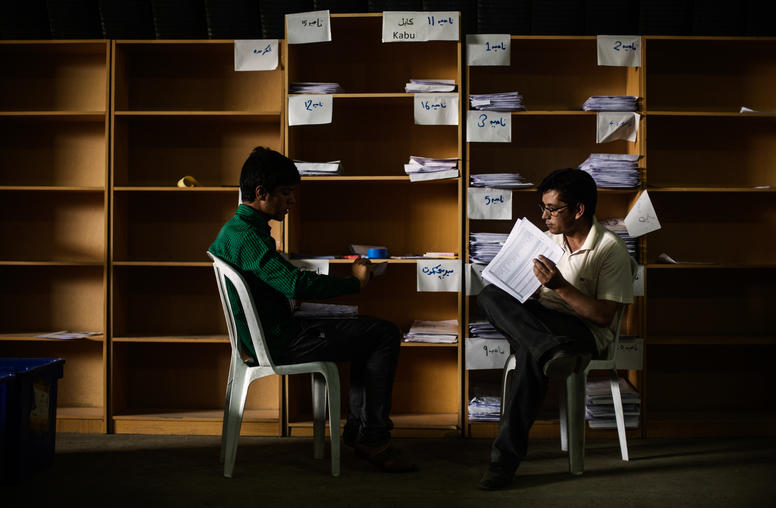
Afghan Elections: Will the Voter Registry Be Ready for 2018?
Fixing Afghanistan’s voter registry—something all political actors engaged with the country agree is broken—has been a key priority since the seriously flawed election of 2014. With parliamentary balloting scheduled for July, revamping the system of registering voters is becoming increasingly urgent, as recognized by...
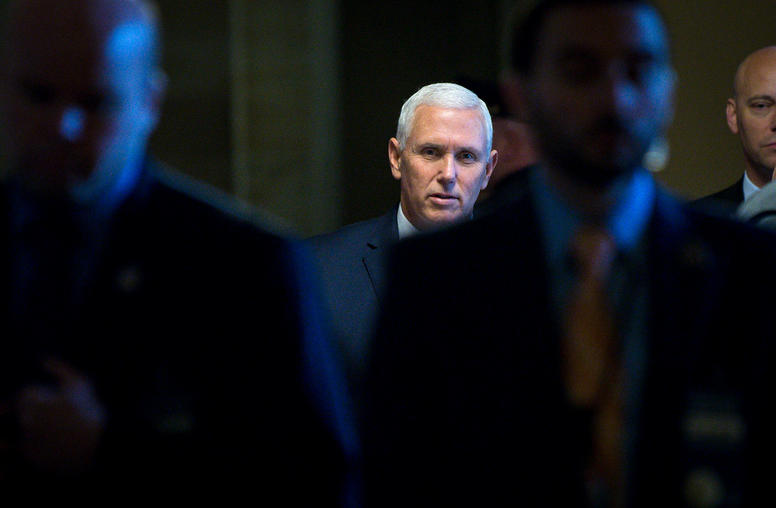
As Vice President Pence Visits the Middle East, Hopes for Diplomacy Languish
Vice President Mike Pence heads to Egypt, Jordan and Israel with little diplomatic quiet, and even less hope, on the Israeli-Palestinian front. President Abbas has declared the Oslo peace process dead, and the U.S. mediating role over, President Trump has broken with international consensus on Jerusalem, and pointedly not endorsed a two-state solution since coming to office, and Prime Minister Netanyahu has now hedged on his commitment to the end goal of a Palestinian state.
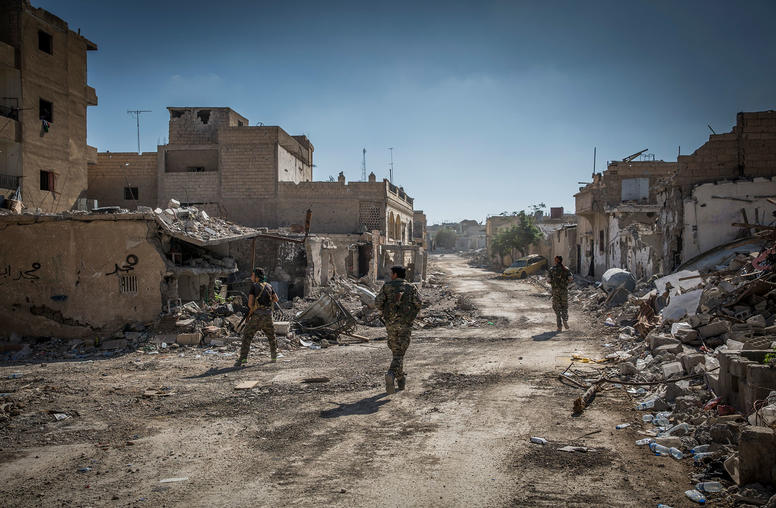
A New U.S. Strategy Will Keep American Troops in Syria
Secretary of State Rex Tillerson has outlined a new Syria strategy for the Trump administration that includes an extended U.S. troop presence. Tillerson spoke days after Turkey, a NATO ally, denounced a U.S. plan to create a Border Security Force in Syria composed heavily of ethnic Kurds. Mona Yacoubian, a longtime analyst and policy specialist on Syria and the Middle East, discusses the implications of these developments.
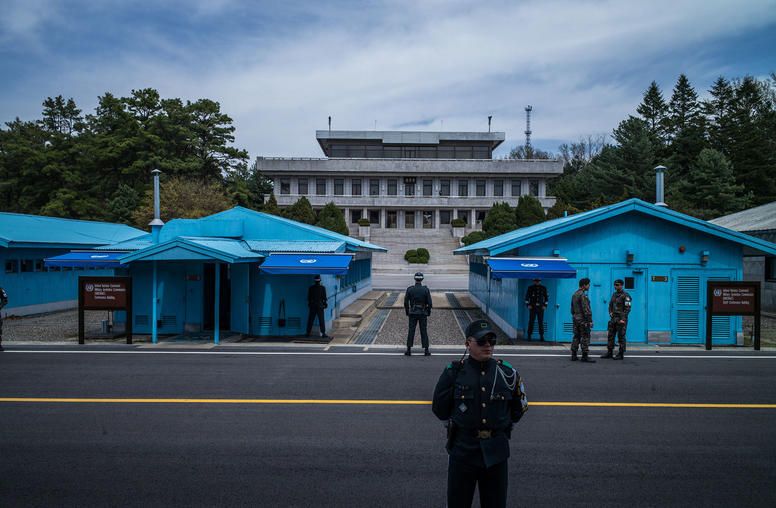
A Diplomatic Window Opens, Briefly, on the Korean Peninsula
Last week’s “sports diplomacy” between South and North Korean negotiators—the first direct dialogue in more than two years—was a good first step in reducing tensions on the Korean Peninsula. North Korea’s participation in next month’s Winter Olympics in Pyeongchang, South Korea, along with news that the joint U.S.-South Korean military exercises will be delayed until late April, has produced a rare window of opportunity for diplomatic progress.
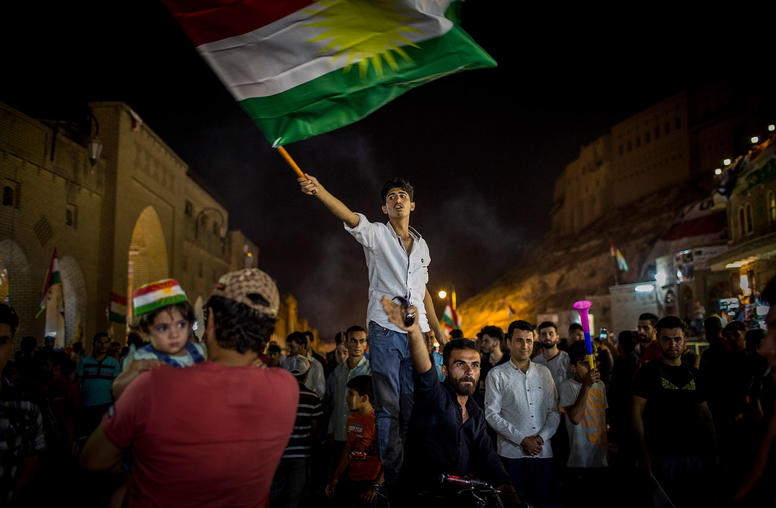
Iraq’s Impasse with Kurds Puts Post-ISIS Stabilization at Risk
The impasse between Iraq’s central government and its Kurdistan Region is building into an economic problem, and both sides need to quickly find a way to negotiate a solution. While political conflict between the authorities in Baghdad and the regional capital of Erbil has been quieter since Iraqi troops ousted Kurdish forces from disputed territories in October, the Kurdish region’s economy is unraveling, with risks for both sides.